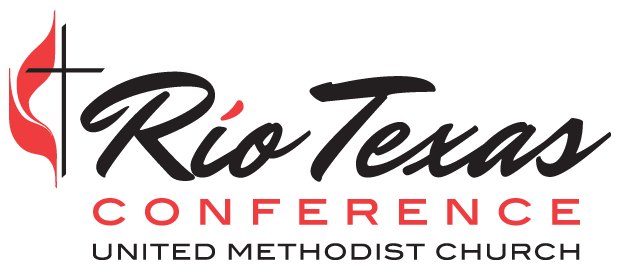A Way Forward
/Dear Friends,
Grace and peace to you in the name of our Lord Jesus Christ.
Two weeks ago, the Council of Bishops received the final report from the Commission on a Way Forward. After considerable discussion and prayer, the Council voted overwhelmingly to share the work done by the Commission on three different plans and to recommend the One Church Plan.
The One Church Plan will be placed before the General Conference for legislative action.
I am excited about the work done by the Commission and the Council. Your bishops, following the charge of General Conference 2016, are sending a proposed way forward, the One Church Plan, to be considered at the special called session of General Conference next year. While no plan is perfect, I believe this to be the best answer to the question of how we move forward together.
To honor the work of the commission, and in service to the delegates to the 2019 Special Session of the General Conference, the Council of Bishops will also provide supplemental materials that include a historical narrative with disciplinary implications related to the connectional conference plan and the traditionalist plan. The recommendation adopted by the Council of Bishops reflects the wide diversity of theological perspectives and the global nature of the United Methodist Church as the best way forward for our future as a denomination.
Why The One Church Plan?
The One Church Plan provides a generous unity that gives conferences, churches, and pastors the flexibility to uniquely reach their missional context without disbanding the connectional nature of the church.
It was an honor to be a part of the commission on a way forward. This is one of many photos of our time together.
No annual conferences, bishops, congregations or pastors are compelled to act contrary to their convictions. The plan grants space for traditionalists to continue to offer ministry as they have in the past with explicit disciplinary assurances that no pastor or church shall be compelled to perform ministries that represent a conflict of conscience. The plan gives space for progressives to exercise freely a more complete ministry with LGBTQ persons by allowing pastors and churches to offer same gender weddings. The plan provides space for conferences in Africa, Europe, and the Philippines to practice ministry according to their national and regional contexts. The One Church Plan provides space for all United Methodists to continue without disrupting their ministries. There is no mandate that requires a local church, conference, or pastor to participate in a vote that divides, segments, or separates. Voting is kept to a minimum except where it is helpful. The United Methodist Church remains in connection, upholding unity of mission without uniformity of practice.
But the Plan is not merely about giving everyone space, so we can all just get along better; it’s about multiplying the United Methodist witness.
Working and praying together during our january commission meeting
It helps the church reach people it would otherwise be unable to reach with the good news of Jesus Christ. In our own conference, we see incredible mission work being done in our communities. And yet, we know that one congregation reaches people another church cannot while another congregation can reach those the first will never be able to engage. The One Church Plan fulfills the mandate given the Commission to find a way forward that maximizes a United Methodist witness, grants as much contextual differentiation as possible, and maintains as much unity as possible.
The Plan maintains the leadership and connectional structures of the United Methodist Church, including annual conferences, the Council of Bishops, the General Conference and the Judicial Council. United Methodist institutions, foundations, universities, hospitals, and general agencies will continue to offer their ministries without significant disruption or costly legal counsel related to their charters or articles of incorporation. Wespath (The Board of Pensions) will continue to offer its services without disruption.
What Happens Now?
At this point, the One Church Plan is only a recommendation from the Council of Bishops. The decision about what General Conference will do rests with the lay and clergy delegates as they meet in Special Session in February 23-26, 2019, in St. Louis.
At this year’s gathering of the Rio Texas Annual Conference, I’ll share a little more detail about the recommendation from the Council, the other plans that were considered, and the Special Session of General Conference. During the fall of 2018, I look forward to more extensive conversations about what such a proposal might mean for our churches, our pastors, our conference, and our ministry together in Christ.
In the meantime, I invite you to continue to pray for the church, the clergy, the laity of The United Methodist Church, and for mission entrusted to us by Christ. I feel confident that we will find a way to move forward together so that we may continue to offer the healing presence of Jesus Christ around the world.
Yours in Christ,
Robert Schnase





